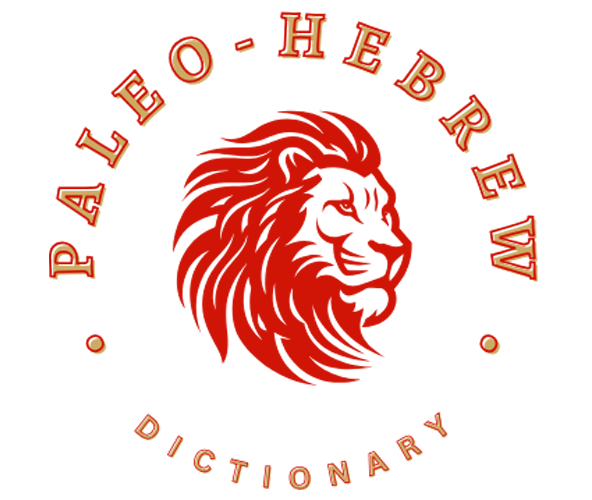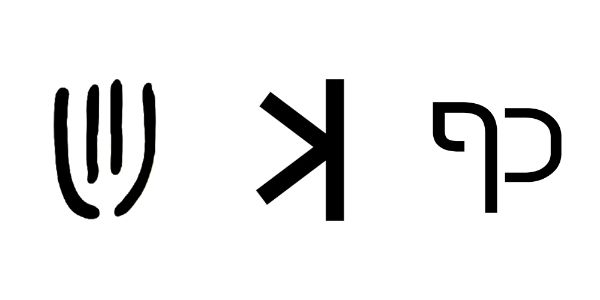The word baraa (𐤁𐤓𐤀) means “create” meaning to cause to come into being, as something unique that would not naturally evolve or that is not made by ordinary processes.
The Paleo-Hebrew language or the original language of the Ābarayam is one spoken with an emphasis on the rauakh (breath, wind, spirit). With the language of the Ābarayam, each letter has a meaning and a number associated with it that adds meaning to each word they’re used with. Below you will be able to learn more about the letter in Ancient Hebrew, Yiddish Hebrew, Greek, and much more.
Letter Meanings
| Letter | Meaning |
|---|---|
| 𐤁 (b) – ba | House, family, “in” Prefix: Converts a word into “Family of” or “in…”, “at…” “with…” |
| 𐤓 (r) – ra | head and person, man, beginning, top, rule, inheritance, possession |
| 𐤀 (a) – ah | Ox, strength, leader |
Gematria Calculator
| Ābarayat | Hebrew | English | Simple | |
|---|---|---|---|---|
| 𐤁𐤓𐤀 (baraa) | 203 | |||
| create | ||||
| בָּרָא (bara') | 203 | |||
| () | ||||
| () |
Based on the meaning of the letters the word could be defined as:
- “House of man of strength”
- “House of man of leader”
- “House of beginning of strength”
- “House of beginning of leader”
- “House of inheritance of strength”
- “House of inheritance of leader”
- “Family of man of strength”
- “Family of man of leader”
- “Family of beginning of strength”
- “Family of beginning of leader”
- “Family of inheritance of strength”
- “Family of inheritance of leader”
- Combines Ba and Raa
- “In Sight”
- “House of Sight”
- “With Sight”
Definitions for 𐤁𐤓𐤀 / baraa
| Language | Word | Transliteration | Pronunciation | Definition |
|---|---|---|---|---|
| Ābarayat | 𐤁𐤓𐤀 | baraa | ba-raw | to shape, create, choose, create creator, cut down, dispatch, do, make fat |
| English | create | create | kree-eyt | to cause to come into being, as something unique that would not naturally evolve or that is not made by ordinary processes. |
| Hebrew | בָּרָא | bara' | baw-raw | choose, to shape, create |
| Arabic | ||||
| Greek |
Images for 𐤁𐤓𐤀 / baraa


Definitions for /
When adding the 𐤉 (yad) to the end of a word, it creates a possessive of the original word. It can either signify “my…” or identify a member of a nation. For example, 𐤏𐤁𐤓 (Ābar) is the progenitor, but 𐤏𐤁𐤓𐤉 (Ābaray) is the singular descendant of him also known as a Hebrew.
| Language | Word | Transliteration | Pronunciation | Definition |
|---|---|---|---|---|
| Ābarayat | ||||
| English | ||||
| Hebrew | ||||
| Arabic | ||||
| Greek |
Images for /


Definitions for /
When adding the 𐤌 (mayam) after the 𐤉 (yad) to the end of a word, it creates a plural of the original word. It can identify multiple members of a nation. For example, 𐤏𐤁𐤓 (Ābar) is the progenitor, but 𐤏𐤁𐤓𐤉𐤌 (Ābarayam) are the plural descendants of him also known as Hebrews.
| Language | Word | Transliteration | Pronunciation | Definition |
|---|---|---|---|---|
| Ābarayat | ||||
| English | ||||
| Hebrew | ||||
| Arabic | ||||
| Greek |
Images for /


Definitions for /
When adding the 𐤕 (tau) after the 𐤉 (yad) to the end of a word, it creates a plural of the original word. It identifies the language or a sign of a nation’s existence. For example, 𐤏𐤁𐤓 (Ābar) is the progenitor, but 𐤏𐤁𐤓𐤉𐤕 (Ābarayat) is the language of him also known as Paleo-Hebrew language.
| Language | Word | Transliteration | Pronunciation | Definition |
|---|---|---|---|---|
| Ābarayat | ||||
| English | ||||
| Hebrew | ||||
| Arabic | ||||
| Greek |
Images for /


Classification
You can continue your studies of the words by viewing Strong’s entries for:




